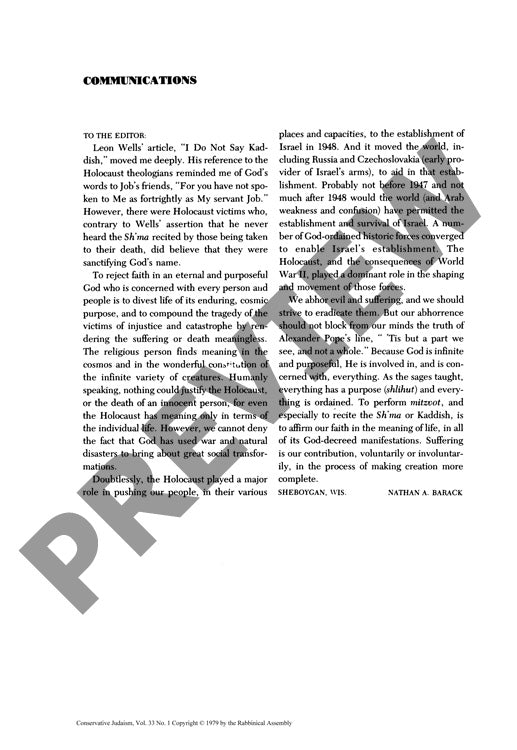Communications
Couldn't load pickup availability
The Holocaust's role in establishing modern Israel raises profound theological questions about divine providence and human suffering. Through theological discourse analysis of religious texts and historical interpretation, this examination reveals how the Holocaust, despite representing unconscionable evil, converged with other God-ordained forces to enable Israel's establishment in 1947-1948. The timing proved critical, coinciding with unprecedented international support and regional Arab weakness. A theodicy emerges that situates even catastrophic events within a larger cosmic design, suggesting divine purpose manifests through historical processes, including tragic ones. Evidence shows the Holocaust's aftermath mobilized crucial global support for Jewish statehood, garnering assistance from both Western and Eastern bloc nations. While the Holocaust defies human justification, religious faith compels recognition of divine involvement in history's darkest moments. Rejecting eternal divine purpose risks compounding tragedy by stripping suffering of meaning; instead, faith offers a framework for finding cosmic significance in both individual and collective Jewish experience.

More Information
-
Physical Description
-
Publication Information
Published 1979
ISBN
-
Publication Credits

